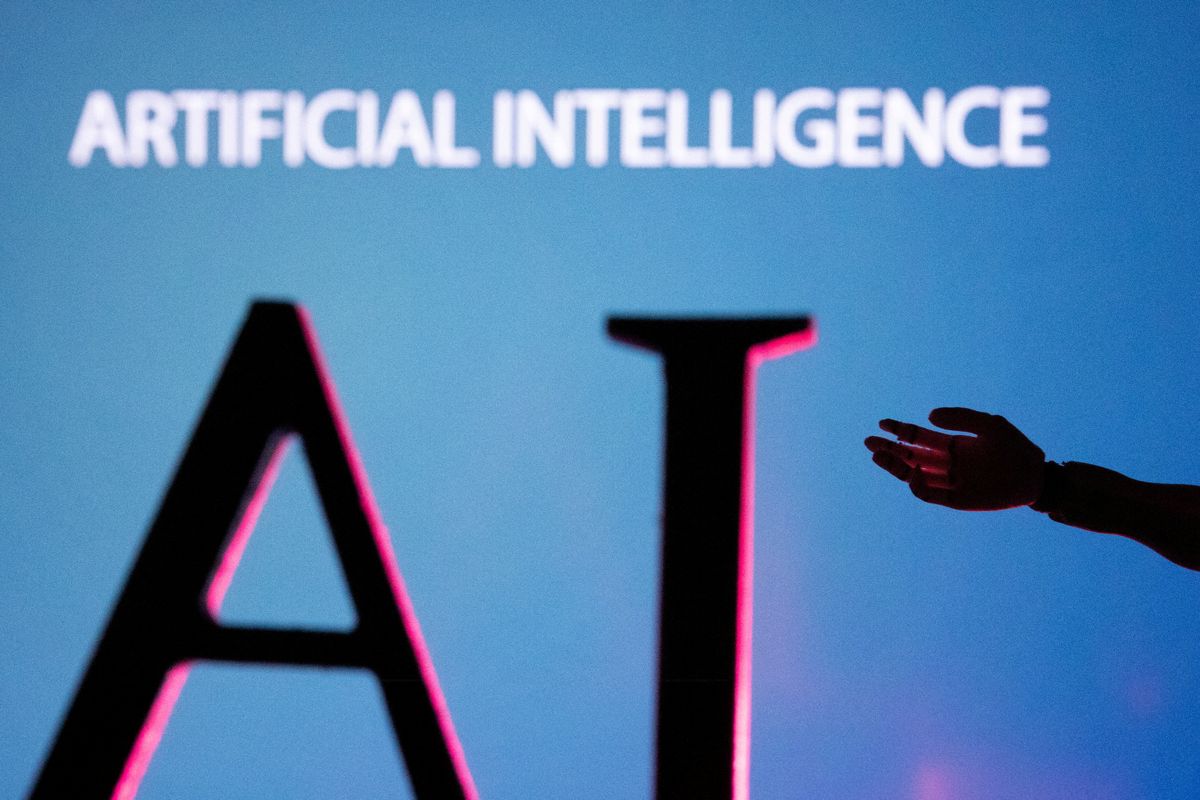Will artificial intelligence ever be able to truly translate human language?
No matter how many languages you speak, it’s impossible to learn them all – which is why translators are so important.

A few minutes every morning is all you need.
Stay up to date on the world's Headlines and Human Stories. It's fun, it's factual, it's fluff-free.
No matter how many languages you speak, it’s impossible to learn them all – which is why translators are so important. The art of translation is super complex because language is so tangled up in specific cultural traditions and meanings and because it’s always changing. But, with the help of technology, inter-lingual communication has never been easier. Does that mean that human translators are about to become a thing of the past?
Last year, researchers at MIT, Cornell University and McGill University proved that an artificial intelligence (AI) system could learn the rules and patterns of human languages independently. It could figure out how words shift in a language (like when it comes to verb tense or gender) and also could define grammar rules based on how these words change. It was even able to pick up on bigger patterns that occur in many languages.
At the moment, AI translation tools are becoming a focus in the field of natural language processing (NLP). Ideally, this kind of tech is supposed to break down existing language barriers and encourage global communication on a whole new level. Able to process a ton of information in seconds, AI can translate near real-time. But, unlike with humans, AI isn’t able to analyze cultural context to provide nuanced, accurate interpretations. While human work costs more and takes longer, people have the unique ability to make sense of the intent behind the literal messages being passed along.
Douglas Hofstadter, a professor of cognitive science and comparative literature at Indiana University at Bloomington, recently said in his article “Learn a Foreign Language Before It’s Too Late” that by relying on technology (and AI specifically) to translate something (for example, an email into Italian) instantaneously instead of learning new languages and getting help from other people can be not so great.
“All that unique flavor, reflecting the myriad idiosyncratic pathways by which I lovingly internalized the Italian language, would be missing from an email that I composed in English and that was instantly converted into Italian by a machine,” Hofstadter says. By learning other languages, he suggests, we immerse ourselves “deeply in another culture,” enabling ourselves to gain “an entirely new set of ways of looking at the world.”




Comments ()